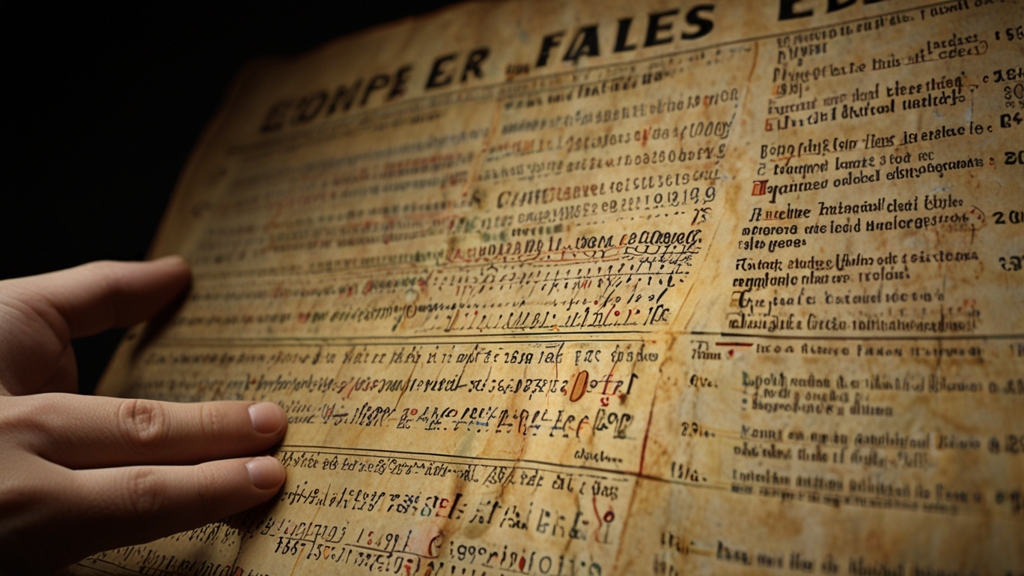The Gospel Conspiracy: What They Don't Want You to Know
The term "Gospel" is derived from the Old English word "Godspell," meaning "good news." It refers to the teachings of Jesus Christ as presented in the first four books of the New Testament. However, over the centuries, a series of disputes, omissions, and reinterpretations have led some scholars to argue that much of what we consider the "official" Gospel narrative has been intentionally manipulated. This brings us to the core of the Gospel Conspiracy—what exactly is it that they don't want you to know?
The Suppression of Gnostic Gospels
One of the more controversial aspects of this conspiracy is the suppression of Gnostic texts. Gnostic Christianity offers a different interpretation of Christ's teachings, emphasizing inner enlightenment over external rituals. Texts such as the Gospel of Thomas, the Gospel of Philip, and the Gospel of Mary were deemed heretical and were systematically excluded from the New Testament canon.
"The Gospel of Thomas certainly provides a fascinating challenge to the conventional Christian narrative. Unlike the canonical gospels, it claims to convey secret sayings of Jesus, which emphasize self-knowledge and divine enlightenment." — Elaine Pagels, religious historian.
Political Influences and the Council of Nicaea
Politics played a significant role in the formation of the official Christian doctrine. In 325 AD, the Roman Emperor Constantine convened the Council of Nicaea. This council aimed to achieve a unified Christian doctrine but also served to consolidate political power. Certain texts were chosen as canonical while others were excluded, reflecting the interests of imperial authority rather than spiritual authenticity.
Additionally, the decision to declare Jesus as "consubstantial" with God, meaning of the same essence, was heavily influenced by political motivations to unify the empire under a single religious doctrine. This further sidelined any perspectives that did not align with the newly established orthodoxy.
Rewriting History: The Role of Translations
The translation of the Bible into various languages has also influenced its interpretations. The original texts, written in Hebrew, Aramaic, and Greek, contain intricate nuances that have sometimes been lost or altered in translation. The King James Version, while highly esteemed, introduced its interpretations, which further muddied the waters of authentic scripture.
"Translation is treason." This Italian phrase captures the inevitable alterations that occur when transposing texts from one language to another. Over centuries, these small shifts accumulate, leading to significant deviations from the original messages.
Institutional Control and the Shift to Dogma
The transition from early Christian communities to a more structured Church institution also played a massive role. The Church sought to control the narrative by emphasizing dogma over personal spiritual experience. This shift served to standardize belief but also to exert control over the masses, aligning religious practice with the political ambitions of the Church hierarchy.
Conclusion
To sum up, the Gospel Conspiracy isn't merely about hidden texts but involves a complex interplay of politics, translation errors, and institutional control. What they don't want you to know is that the history of Christian doctrine is more complicated and multifaceted than the officially sanctioned narrative suggests. By understanding this, one may come to appreciate the rich tapestry of spiritual thought that early Christianity once embraced, providing a more nuanced perspective on the teachings of Jesus Christ.










